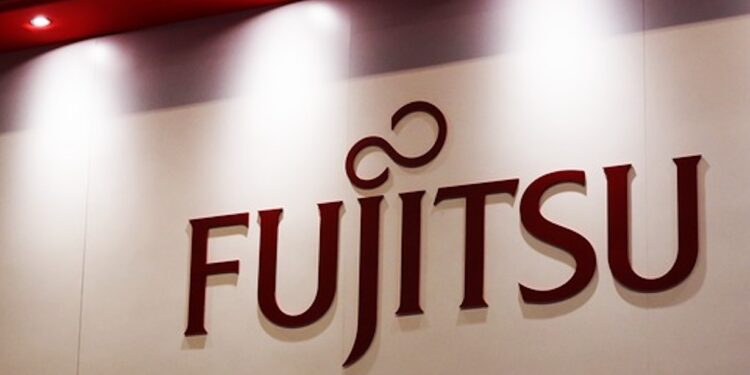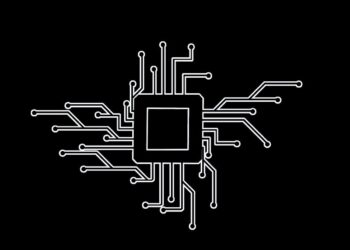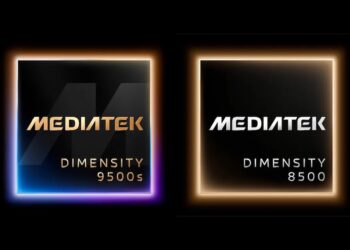Fujitsu Limited has announced that it has received a contract from the Japanese research institute RIKEN to create a new supercomputer called “FugakuNEXT.” This encompasses the entire system, including computing units and CPU components, with the design phase anticipated to continue until February 27, 2026.
The FugakuNEXT supercomputer will leverage Fujitsu’s expertise in supercomputing and incorporate new technologies from the FUJITSU-MONAKA3 CPU, which is currently under development.
This new system will adapt to changing customer needs and work effectively with GPUs and other types of accelerators.
The FUJITSU-MONAKA CPU, utilizing advanced 2-nanometer technology, features Fujitsu’s proprietary designs that enable it to work efficiently. It is designed for high performance in various computing environments, including edge computing and data centers, while also ensuring safety and user-friendliness. A newer version of this CPU, “FUJITSU-MONAKA-X,” is expected to enhance existing applications used in Fugaku. It will also be designed to handle AI tasks more effectively, meeting the growing demands for artificial intelligence across various industries.
Fujitsu aims to bring innovation with its Japanese CPU technology, enhancing its computing systems and helping advance science and technology in Japan. The company is committed to making the world more sustainable and trustworthy through ongoing innovation.
Vivek Mahajan, a Fujitsu executive, said: “We are very excited about the FugakuNEXT project, which is set to change Japan’s science and technology scene. We want to create a system that can quickly respond to what customers need, using our valuable experiences from Fugaku along with new technologies. By working together with different partners, we can provide the powerful computing systems that society and industries need. We will also use the knowledge we gain from this project to develop next-generation AI processors, taking Japanese technology to the world and helping businesses and society adopt AI more effectively.”
Source: Fujitsu
Also Read: When AI Empowers Both Networks and Hackers: The New Battlefield for India’s Telecoms























